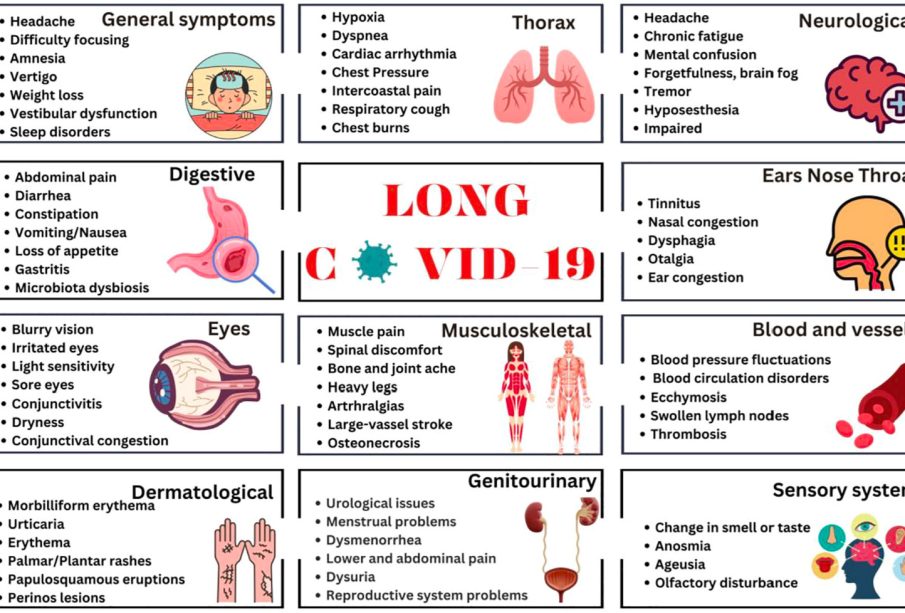Understanding New COVID Symptoms: What to Look For

Introduction
As the world continues to grapple with the COVID-19 pandemic, new symptoms are emerging, raising concerns and prompting health experts to provide updated guidance. Understanding these symptoms is crucial for early detection and management of the virus, especially as new variants circulate. This article aims to shed light on the recently reported COVID symptoms that individuals should be vigilant about during the autumn season of 2023.
Newly Identified Symptoms
Recent research and case studies have highlighted several new COVID-19 symptoms that were not as commonly associated with the virus in its earlier waves. Among these symptoms, fatigue, sleep disturbances, and gastrointestinal issues such as diarrhoea and loss of appetite have gained prominence. A report published by the UK Health Security Agency (UKHSA) indicated a 30% rise in reported cases presenting these symptoms within the past month, suggesting that public awareness is more crucial than ever.
Common Symptoms to Monitor
Aside from the well-known symptoms of COVID-19, such as fever, cough, and loss of taste or smell, individuals are now advised to monitor for:
- Fatigue: Unusual tiredness that doesn’t improve with rest.
- Gastrointestinal Symptoms: Including nausea, vomiting, or diarrhoea.
- Neurological Symptoms: Such as headaches, dizziness, and cognitive difficulties.
These symptoms have been reported especially among younger populations and those who have been vaccinated, leading to a need for increased vigilance across all demographics.
Recommendations from Health Authorities
In light of these findings, health authorities are urging individuals to remain cautious. The UKHSA recommends that anyone experiencing these new symptoms, even in mild forms, should self-isolate and seek a COVID-19 test. Vaccination remains the strongest defence, and health organisations stress the importance of booster jabs as new variants emerge.
Conclusion
As new COVID symptoms evolve, public awareness and prompt action are essential in managing potential outbreaks. The rise of new symptoms emphasises the need for continued education on COVID-19 and its evolving nature. By staying informed and vigilant, individuals can help protect their health and the health of their communities. Monitoring symptoms and adhering to health guidelines will remain integral throughout the autumn and winter months of 2023.








